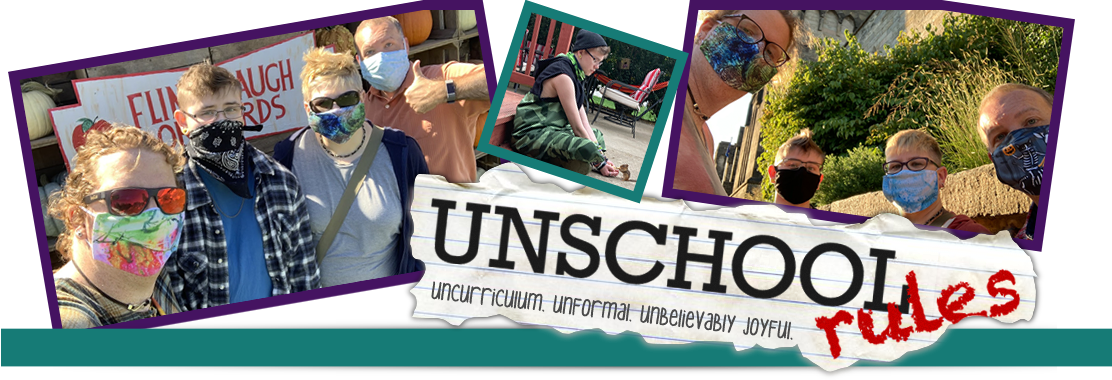I’m always talking about how I value learning from video games.
That’s why I’m particularly interested in Ashar’s choice for this month’s “famous person” post.
She picked Sir Winston Churchill, and we’re sharing some info today in honor of what would have been his 140th birthday Nov. 30 as part of the iHomeschool Network’s celebration of November birthdays.
So how does that relate to video games? Well, Ashar first heard about Churchill as part of the Assassin’s Creed series! (And he is part of a sudden and growing interest on her part in the history of World War II, which WELL exceeds my own knowledge and interest, and which I’m trying desperately to keep up with!)

Some facts about Sir Winston Churchill
Sir Winston Churchill was born Nov. 30, 1874, served as Prime Minister of Britain from 1940 to 1945 and again from 1951 to 1955, won the Nobel Prize for Literature, was a fairly well-known painter and bred butterflies in his free time. A real Renaissance man!
He served in a number of military and political positions in Britain, but in his earlier life, Churchill, the son of British aristocrats, had a rough time in school and a distant relationship with his parents; stories report he wrote to his mother from boarding school, begging for her to visit or to take him home, and that he barely spoke to his father. Some biographies report that he had a fairly severe speech impediment; he disliked math and he had to take the military college entrance test three times before getting accepted.
But despite those issues, Churchill went on to be regarded as one of the greatest wartime political leaders of modern history for his leadership of Britain during World War II.
See, Neville Chamberlain was leading Britain at the start of the Second World War, but things were going pretty awfully, and he resigned just before the German invasion of France in May 1940, and in a slightly weird turn of events, in a meeting between Chamberlain, a man named Lord Halifax who turned down the next Prime Ministership, and David Margesson, the British government’s Chief Whip, Churchill’s name came up as a strong recommendation for the role, and he took on the role at the age of 65.
In one of the earliest of many famous speeches made by Churchill, he pointed out to the people of Britain that he had “nothing to offer but blood, toil, tears, and sweat,” and in fact he dedicated his life to giving just that for his country. When World War II ended, the country’s needs changed from a wartime leader to a peacetime one, though, and he was defeated in the 1945 election.
In his personal life, he was married to a woman named Clementine Hozier who he knew most of his life, and they had five children, and he was the first person to be made an honorary citizen of the United States, thanks in part to his close relationships with both Franklin Roosevelt and Harry Truman. But he also suffered from depression, which he called the “black dog” that hounded him, and his paintings were an attempt to stave that off.

Read more about Winston Churchill
- Winston Churchill on History.com: This is a great background resource about Churchill, World War II and more.
- Winston Churchill on Wikipedia: As in many cases, Wikipedia provides a good basic Churchill background.
Books and movies about (or by!) Winston Churchill
- Speaking in America: Listen to a five-minute clip of Churchill’s “We are masters of our fate” speech in the United States in 1942.
- If you’re a really big fan: Check out this six-volume book set written by Churchill, which is what won him the Nobel Prize for Literature.
- For the younger set: Winston Churchill: Just the Facts Biography for Kids.
- Another good biography for younger readers: Who Was Winston Churchill? is part of a great series of biographies we’ve used heavily.
Ideas for discussion
- What does it mean to be a great speaker? By some accounts, Winston Churchill had a speech impediment (though there are some people who disagree). You can certainly hear some kind of lisp or other speech difference in many of the audio recordings of his talks. Yet he is considered to have delivered some of the best speeches of the 20th century. What makes someone a great speaker? Is it the message? The delivery? Both?
- What does it mean to be a great leader? Ah, here’s another question. Churchill led Britain as Prime Minister during World War II, and was respected by many. But then he was defeated in the 1945 elections. Yet he became Prime Minister again in 1951, and served until 1955; his health, by this time, wasn’t great, and people began to lose respect for a leader who had suffered some number of strokes, could no longer walk and so on. So what made Churchill a great leader? Was he great, even when his country didn’t need him? Was his greatness knowing when to lead and when to step back? (This is a little bit like Batman being the hero Gotham deserves, but not the one it needs right now, huh?)
- What does it mean to be a great writer? Churchill won the Nobel Prize for Literature. That’s a BIG DEAL. Yet the only friend of mine who I know who’s read his books said he was an incredibly dry writer – and this is a friend who is also a writer, and whose judgment I trust. But the value of his books that won the Nobel Prize, a six-volume history of World War II, might have been more the expertise Churchill brought to them. What do you think makes for great writing? The content? The style? The expertise?
Join the birthday party
If you’re interested, there are many more cool “November birthday” lessons from my fellow iHomeschool Network bloggers. Click the image below to check them out!

You can check out more posts in our Learning Party series here!
More great history resources
 This post is part of the iHomeschool Network Massive Guide to Homeschooling History.
This post is part of the iHomeschool Network Massive Guide to Homeschooling History.
Make sure to check it out for tons of other great history resources, including links to a dozen more Unschool Rules posts!



You might also like...